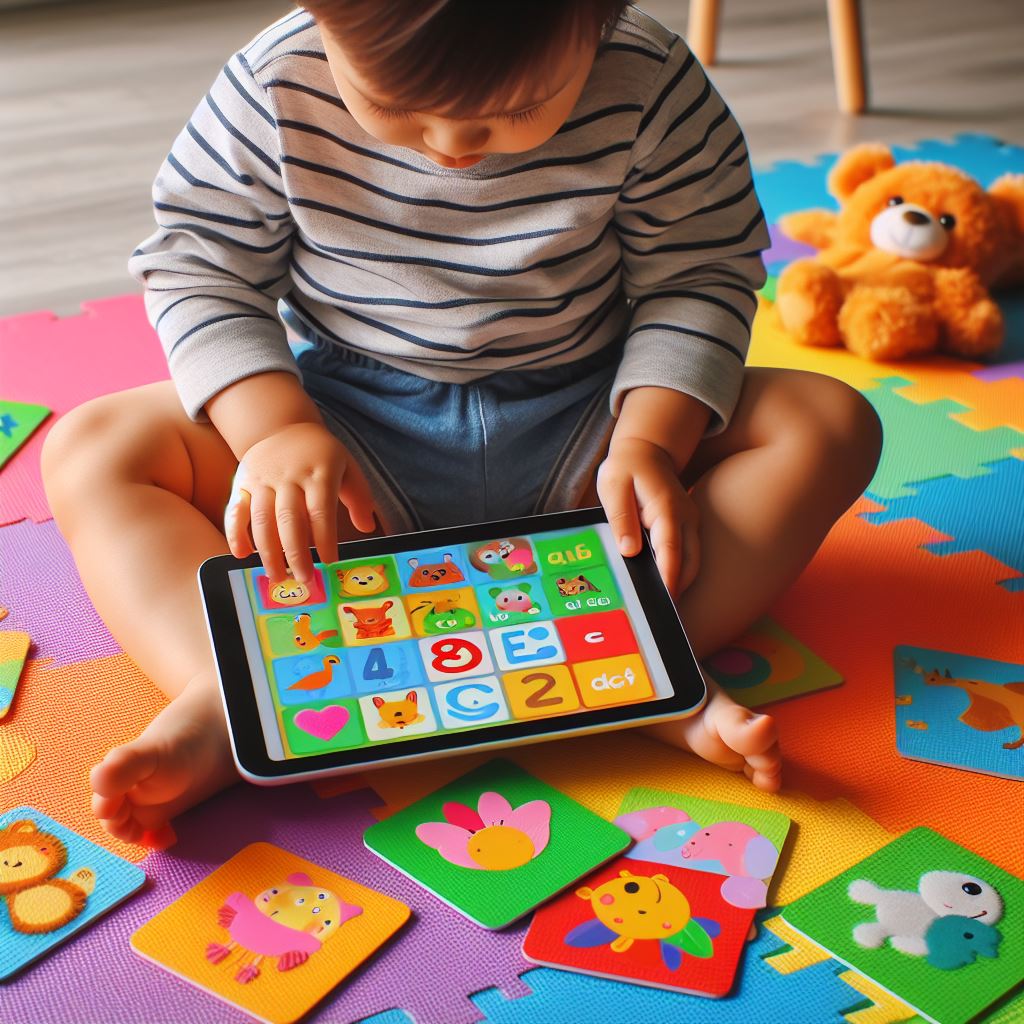In the digital age, screen time has become a significant concern for parents and caregivers, particularly regarding its impact on the development and well-being of young children. The Royal College of Paediatrics and Child Health (RCPCH) recommends avoiding screen time for babies under 18 months and limiting it to one hour per day for toddlers aged 2 to 5. Excessive screen exposure during early childhood can potentially hinder cognitive, social, and emotional development while also impacting physical health indicators such as diet and obesity. 
Research indicates that children with higher screen time often exhibit signs of a less healthy diet, increased energy intake, and indicators of obesity. Furthermore, prolonged screen exposure, especially beyond two hours daily, might correlate with more depressive symptoms in children. While some studies suggest that limited screen time might be better for mental health compared to none, extended exposure might lead to poorer educational outcomes, sleep disturbances, and reduced fitness levels in children. While these correlations exist, the evidence is not universally definitive.
In contrast to screen time, tools like flashcards offer an engaging and effective means to foster cognitive development, early learning, and establish solid academic foundations in babies and toddlers. These cards, typically adorned with images, numbers, letters, or words on one side and explanatory text on the reverse, serve as exceptional visual learning aids. The versatility of flashcards allows for various strategies to assist young children in acquiring and retaining information.
Learning through flashcards revolves around repetition and visual connections, making them an accessible and enjoyable method for children to absorb knowledge. The vast array of available flashcards offers diverse educational values, presenting information in an easily comprehensible and visually appealing manner. Utilizing flashcards sparks discussions, prompts curiosity, and facilitates the sharing of relevant background material, making learning a more interactive and enjoyable experience for young minds.
Moreover, flashcards are not confined to traditional learning environments. They can be incorporated into play, storytelling sessions, or daily routines, making education an integral part of a child’s daily life. Beyond just imparting information, flashcards encourage children’s innate curiosity, stimulate creativity, and foster critical thinking skills. By transforming learning into an engaging and enjoyable activity, flashcards effectively nurture a child’s thirst for knowledge and exploration.
In conclusion, while the adverse effects of excessive screen time on young children’s development are a growing concern, alternative educational tools like flashcards offer a promising avenue. Flashcards serve as an invaluable resource, providing a visually stimulating and interactive learning experience that engages young learners, fosters curiosity, and cultivates vital cognitive skills. As caregivers, it is essential to strike a balance, prioritizing interactive and beneficial learning methods like flashcards while carefully managing and monitoring screen time for our youngest learners.
In this digital era, providing enriching and interactive learning experiences through tools like flashcards can significantly contribute to a child’s early cognitive development and lay a strong foundation for lifelong learning.

